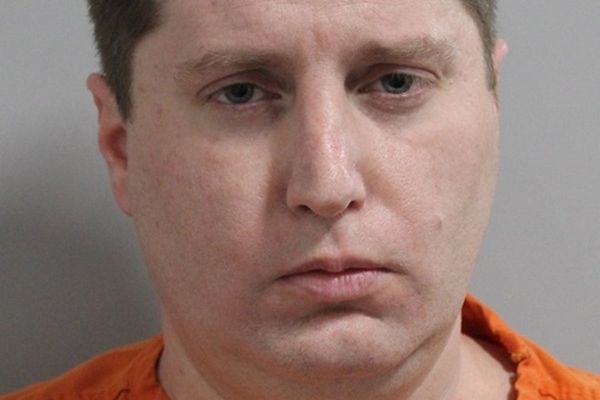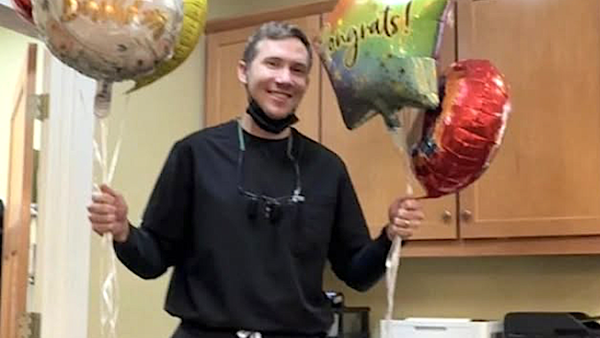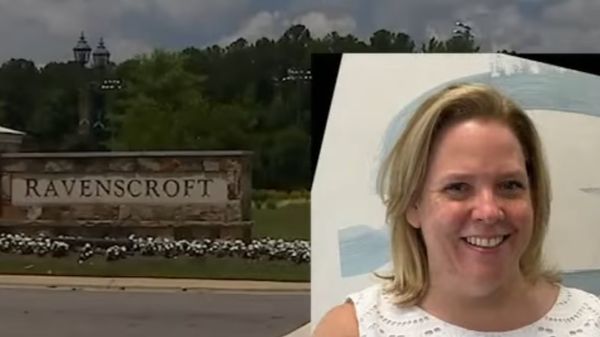
The Rohingya refugee who overturned indefinite detention in the high court was given 52 counselling sessions for sex offenders, but only after a judge warned failure to provide it would weaken the commonwealth’s case against him.
One advocate labelled it a “very special deal”, complaining that those still in immigration detention, as well as the 92 other people released as a result of the high court’s decision, do not have access to similar programs.
In January 2016 the stateless Rohingya man, known as NZYQ, pleaded guilty to sexual intercourse with a person aged between 10 and 14 years. The sentencing judge did not find he had shown remorse, although in 2022 administrative appeals tribunal (AAT) proceedings his corrections officer said he “reports some level of remorse for his offending”.
In March 2022 an AAT deputy president said it was “regrettable that at no time during the six years [NZYQ] has been held in prison and immigration detention, has he been offered any form of sex offender program, despite his request to participate”.
A psychologist gave evidence that “lack of treatment [had] hindered [NZYQ’s] understanding of his own offending behaviour or of appreciating the seriousness and the impact on his victim”.
When NZYQ’s case first came before the high court in June, justice Jacqueline Gleeson said she was “concerned” that without “active steps … to address the behaviours … that are relevant to his offence, he is in a situation where his prospects of removal from the country are hopeless”.
Zelie Heger, counsel for immigration minister, Andrew Giles, replied: “I am instructed – that those sorts of programs have not, to date, been made available in immigration detention.”
Gleeson warned that “the credibility of a claim that [NZYQ] is being held for the purposes of removal is diminished” by the failure to provide him with such services.
NZYQ’s lawyers, Allens, wrote to the Australian government solicitor (AGS) on 5 June complaining that he had made “repeated attempts in both criminal and immigration detention to gain access to a rehabilitation program”. NZYQ had been put on a waitlist while he was in prison, but was released into immigration detention before gaining access.
On 13 June the AGS replied that the department had “arranged 52 weekly sessions of sex offender counselling” for NZYQ, then wrote again on 14 September confirming that funding had been approved.
Alison Battisson, the director of Human Rights For All, told Guardian Australia “that’s a very special deal, I’ve never seen anything like it”.
Battisson, who represents some of the 92 other people released as a result of the high court’s NZYQ decision, said she was “unaware that any of that has been offered to any other person”.
“A large number of my clients are proactively seeking mental health supports … There’s a lot of confusion about what they’re entitled to.”
Battisson said that “given the law says these people must be released, all the money [the government is] spending on extra-judicial monitoring would be better spent supporting them … to become functioning members of the community and overcoming the trauma of indefinite detention”.
Battisson said the failure to provide such services “goes to the point of what immigration detention is”. “It’s shit – its purpose is not to rehabilitate.”
A spokesperson for the Australian Border Force said that healthcare services given to detainees is “generally commensurate with those available to the Australian community”.
“Individuals will be eligible for Status Resolution Support Services (SRSS)on release from immigration detention to help transition into the community,” the ABF spokesperson said.
Asked if this included rehabilitation programs such as counselling for sexual offenders, they replied “it would not be appropriate for the ABF to comment on the measures being taken for specific individuals”.
“Individuals released from immigration detention will have access to health and welfare services to help them transition into the community, including short-term accommodation and income support.
“The duration and extent of SRSS will depend on the individual’s length of detention and individual circumstances.”







